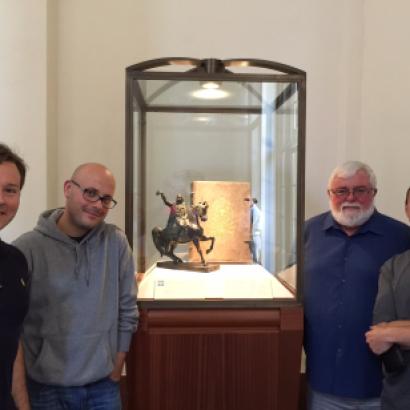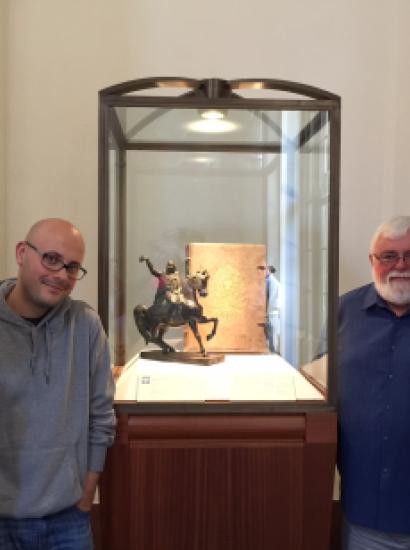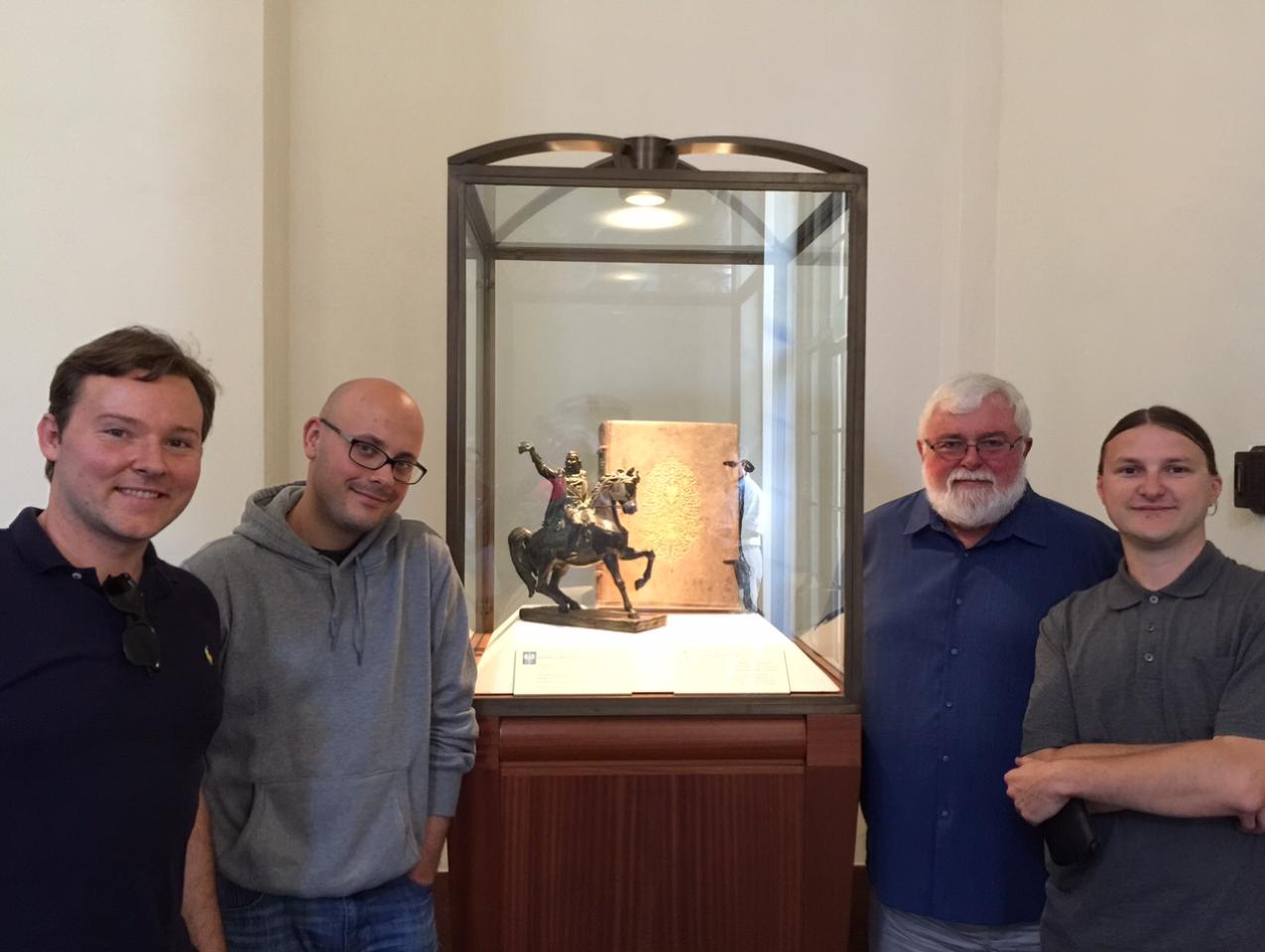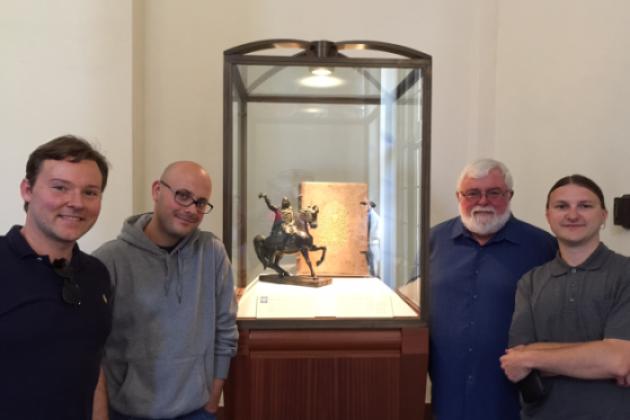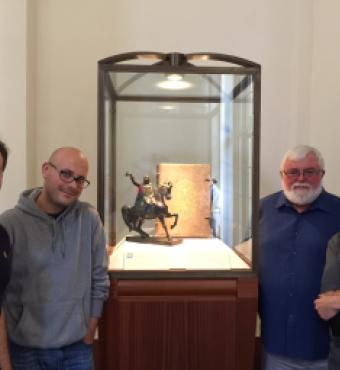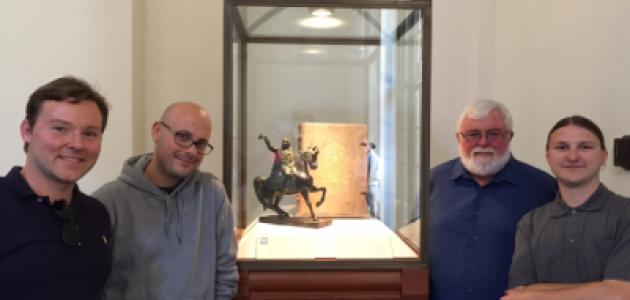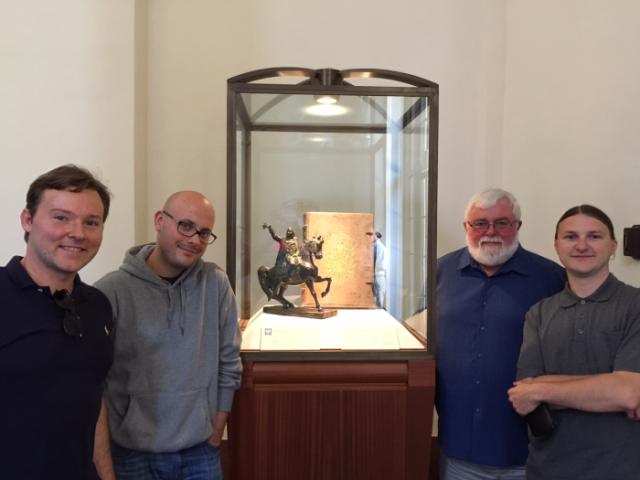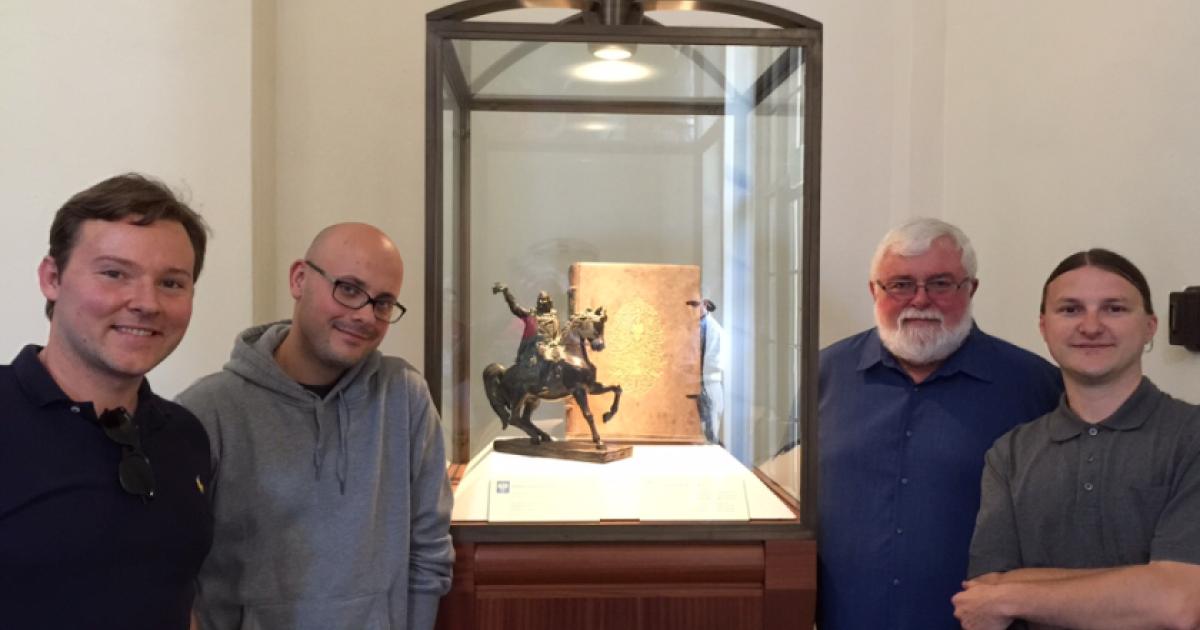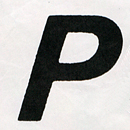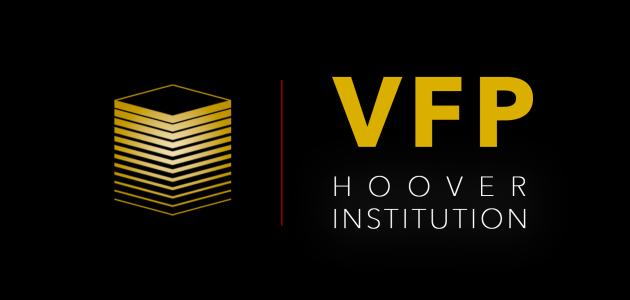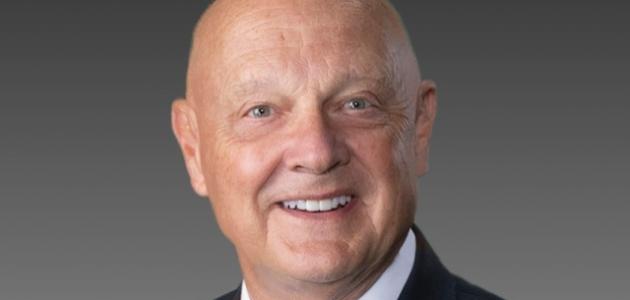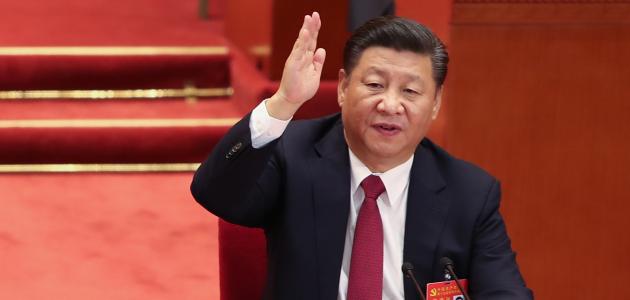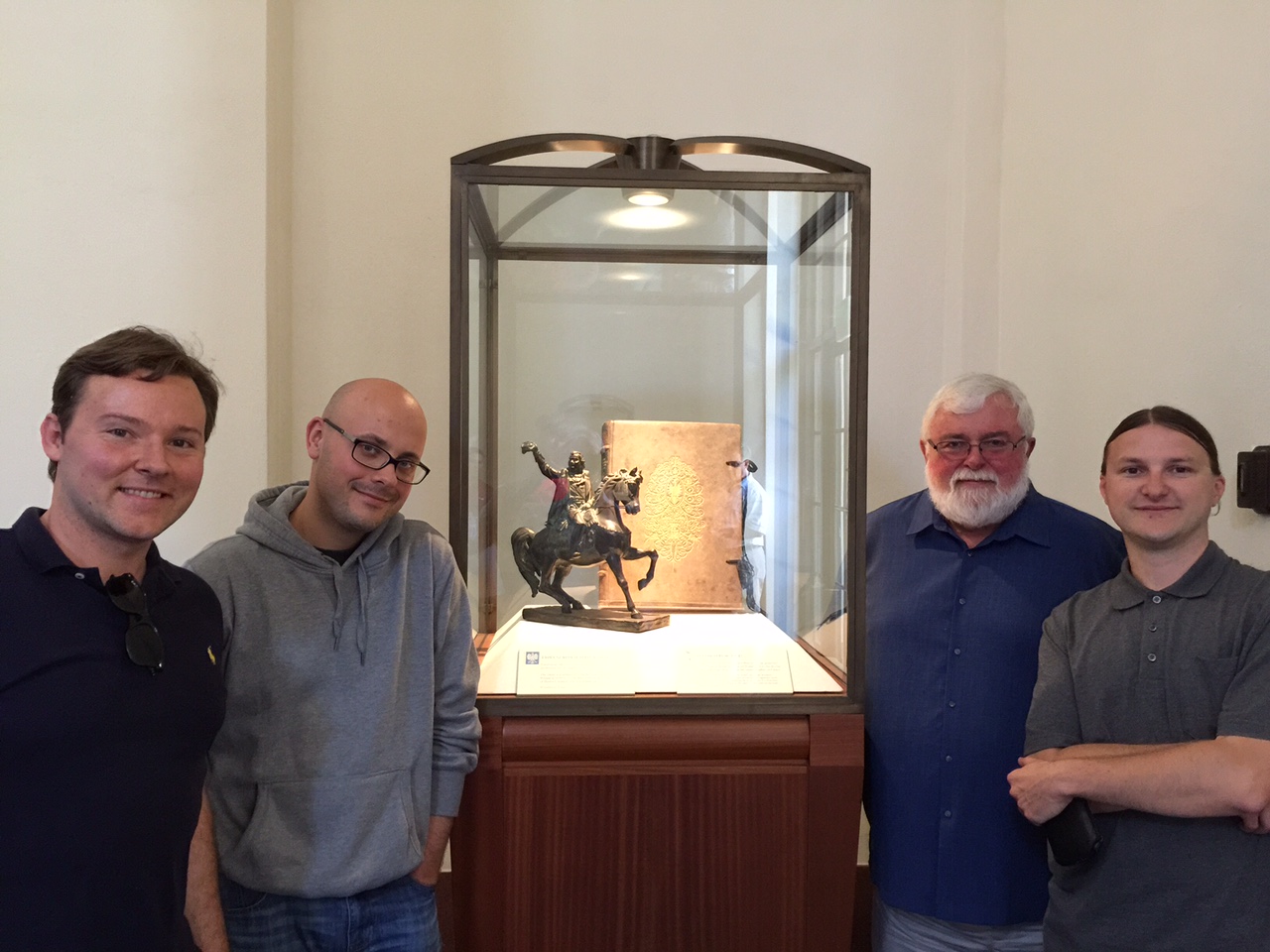
Hoover has welcomed several researchers from Poland this summer, in part thanks to the Silas Palmer Fellowship program inaugurated by the Library and Archives. The Silas Palmer fellows included Maciej Milczanowski, Michał Przeperski and Nicholas Siekierski. Maciej Milczanowski, a specialist on terrorism and international security, and a veteran of UN missions in the Golan Heights and the Polish NATO contingent in Iraq, studied Hoover documentation on conflicts in the Middle East, and met with Hoover fellows, including Secretary George Shultz. Michał Przeperski researched the diaries and papers of Mieczysław Rakowski, Communist Poland’s last first secretary and prime minister, Hoover’s most extensive and comprehensive collection on Poland and the Soviet Bloc during the 1980s. American-born Nicholas Siekierski, who for many years was Hoover’s archivist for exhibitions and outreach, and is now working on his doctorate on Herbert Hoover and the American Relief Administration in Poland at the Polish Academy of Sciences in Warsaw, came to gather additional materials here to verify and supplement the documentation he found in the archives in Warsaw and Vilnius. Additionally, two staff historians from the Institute of National Remembrance, which holds the archives of Communist Poland’s security services, Maciej Żuczkowski and Tomasz Kozłowski, spent two weeks here surveying Hoover’s holdings on Poland during World War II and under the Communists. The visitors were unanimous in praising the richness of Hoover’s collections, the convenience and comfort of the working conditions for researchers here as compared to those in European archives, and their regret that they could not stay longer. They all hope and plan to come to Stanford again. Given the size, the comprehensive nature, the uniqueness of many of the Polish archival collections here, and the availability of short-term travel grants, such visits will hopefully become more common.




